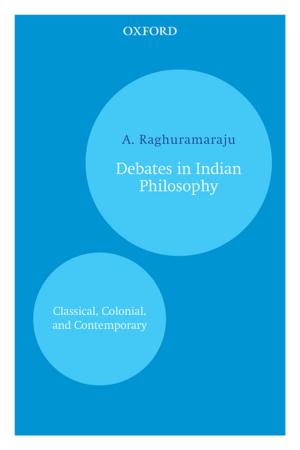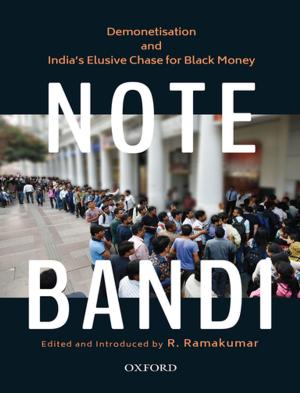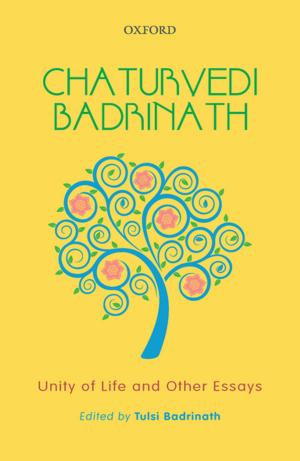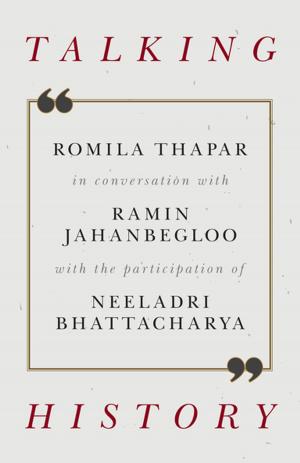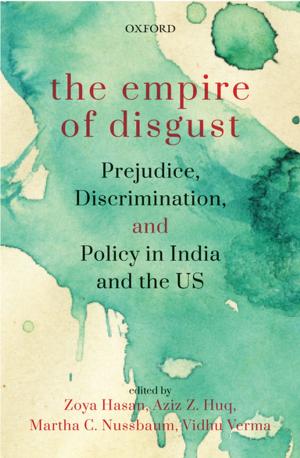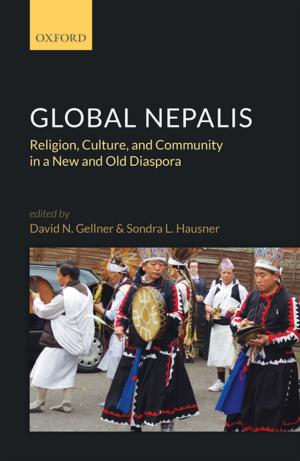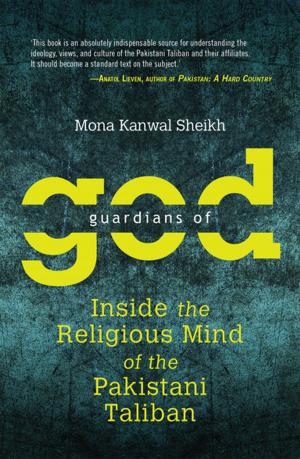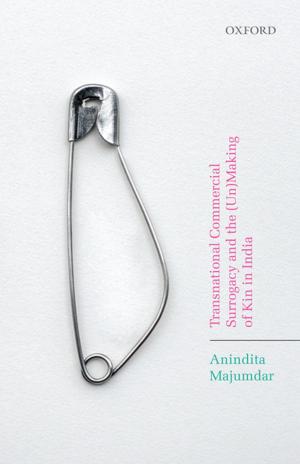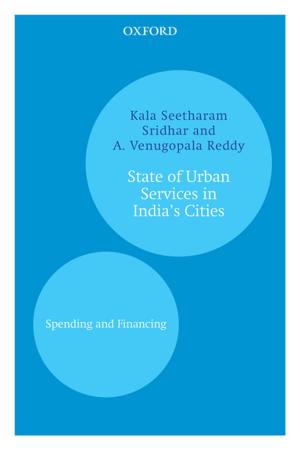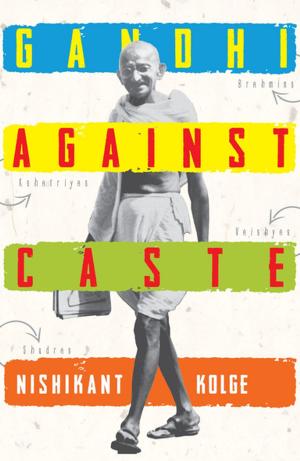Sedition in Liberal Democracies
Nonfiction, Social & Cultural Studies, Political Science, Government, Democracy, Politics, History & Theory| Author: | Anushka Singh | ISBN: | 9780199091829 |
| Publisher: | OUP India | Publication: | February 16, 2018 |
| Imprint: | OUP India | Language: | English |
| Author: | Anushka Singh |
| ISBN: | 9780199091829 |
| Publisher: | OUP India |
| Publication: | February 16, 2018 |
| Imprint: | OUP India |
| Language: | English |
Examining the relationship between sedition and liberal democracies, particularly in India, this book looks at the biography of sedition laws, its contradictory position against free speech, and democratic ethics. Recent sedition cases registered in India show that the law in its wide and diverse deployment was used against agitators in a community-based pro-reservation movement, group of university students for their alleged ‘anti-national’ statements, anti-liquor activists, and anti-nuclear movement, to name a few. Set against its contemporary use, this book has used sedition as a lens to probe the fate of political speech in liberal democracy. The lived reality of the law of sedition in changing anthropological sites is juxtaposed with its positivist existence. Anushka Singh uses a comparative framework keeping in focus the Indian experience backed by fieldwork in Haryana, Maharashtra, and Delhi, and includes a comparative perspective from England, the USA, and Australia to contribute to debates on sedition within liberal democracies at large, especially in the wake of the proliferation of counter-terror legislations.
Examining the relationship between sedition and liberal democracies, particularly in India, this book looks at the biography of sedition laws, its contradictory position against free speech, and democratic ethics. Recent sedition cases registered in India show that the law in its wide and diverse deployment was used against agitators in a community-based pro-reservation movement, group of university students for their alleged ‘anti-national’ statements, anti-liquor activists, and anti-nuclear movement, to name a few. Set against its contemporary use, this book has used sedition as a lens to probe the fate of political speech in liberal democracy. The lived reality of the law of sedition in changing anthropological sites is juxtaposed with its positivist existence. Anushka Singh uses a comparative framework keeping in focus the Indian experience backed by fieldwork in Haryana, Maharashtra, and Delhi, and includes a comparative perspective from England, the USA, and Australia to contribute to debates on sedition within liberal democracies at large, especially in the wake of the proliferation of counter-terror legislations.

